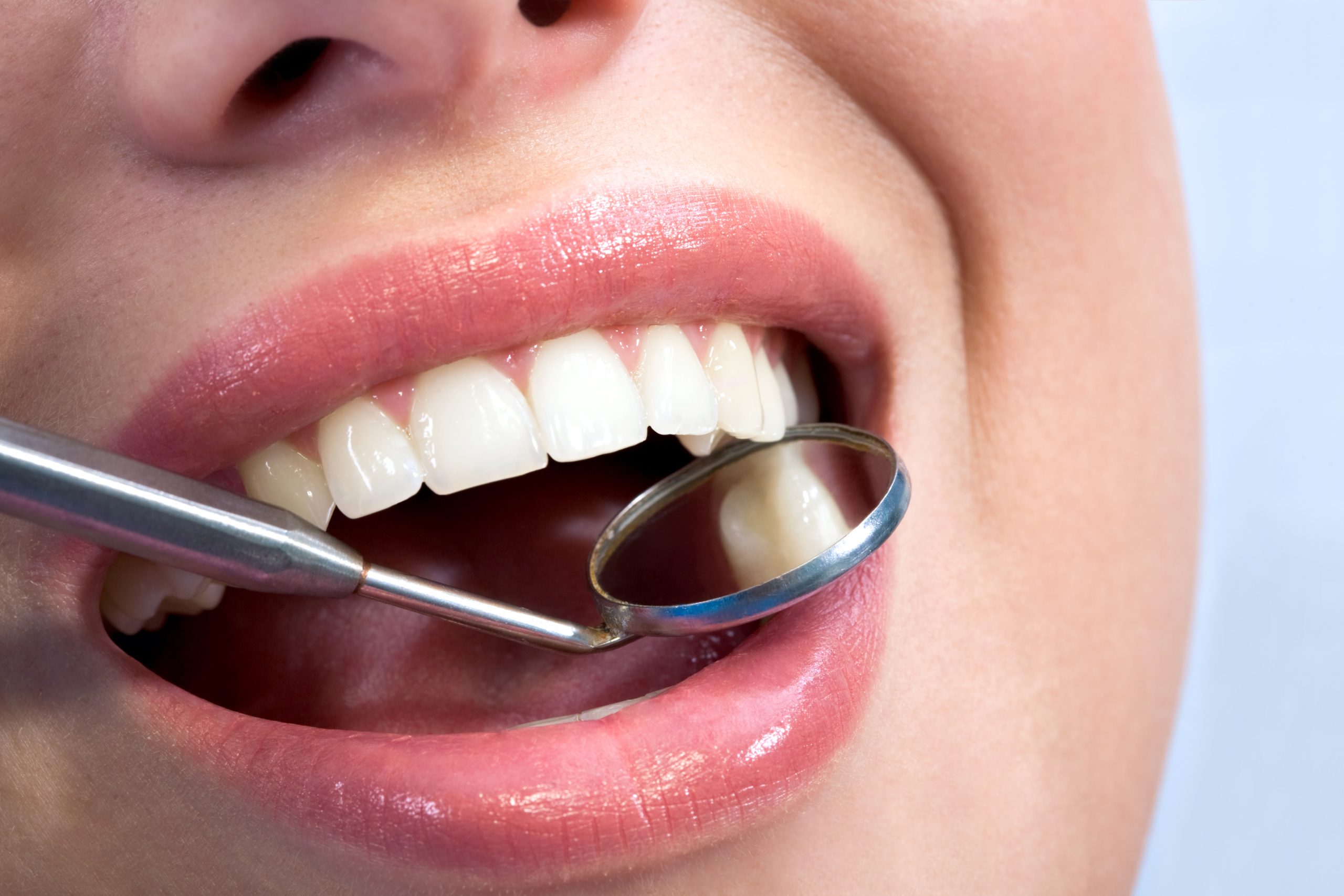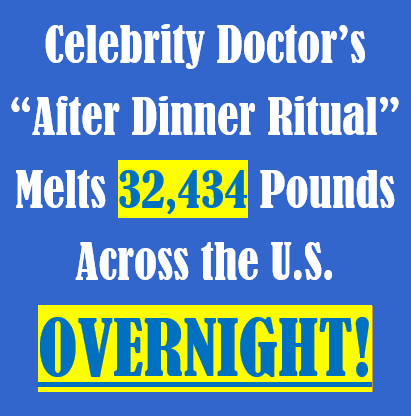Dental hygiene is an essential aspect of maintaining overall health and wellness. A clean mouth not only helps prevent dental problems but also promotes better digestion, reduces bad breath, and improves self-confidence. In this article, we will explore the importance of good oral hygiene habits and provide top tips for brushing and flossing teeth properly. We will also debunk common myths about oral health and share ways to keep your smile bright and white.
The Importance of Dental Hygiene
A healthy set of teeth plays a crucial role in our daily lives. It allows us to chew food efficiently, speak clearly, and project confidence when smiling. Good oral hygiene practices can help prevent cavities, gum disease, and other dental issues that may require costly treatments. Regular visits to the dentist are also important for detecting potential problems early on before they become more serious.
Top Tips for Brushing and Flossing Teeth Properly
Brushing and flossing teeth regularly are key components of any effective oral hygiene routine. Here are some top tips for doing so effectively:
1. Use a soft-bristled toothbrush with rounded edges to avoid damaging enamel.
2. Brush at least twice a day for two minutes each time, paying special attention to areas where plaque tends to accumulate such as the back teeth and gums.
3. Replace your toothbrush every three months or sooner if the bristles start to wear out.
4. Floss once a day to remove food particles stuck between teeth that brushing alone cannot reach.
5. Use a fluoride toothpaste to strengthen enamel and protect against decay.
Common Myths about Oral Health Debunked
Oral health is often misunderstood, leading to misconceptions and poor decision making. Here are some common myths about oral health that have been debunked by experts:
Myth 1: Only people with certain genetic predispositions get cavities. The truth is everyone is susceptible to developing cavities regardless of their genetics. Cavities occur when bacteria in the mouth break down sugars from food into acid, which erodes away tooth enamel over time.

Myth 2: Chewing ice damages teeth. While chewing ice can cause temporary discomfort due to pressure changes in the mouth, it does not damage teeth directly. However, excessive consumption of cold drinks and snacks can lead to enamel erosion over time.
Myth 3: Whitening toothpastes whiten teeth. While these products may contain abrasives that remove surface stains, they do not actually whiten teeth beyond their natural color. For significant whitening results, professional bleaching procedures are recommended.
How to Keep Your Smile Bright and White
Here are some simple steps you can take to keep your smile bright and white:
1. Limit consumption of staining foods and beverages such as coffee, tea, wine, and soda.
2. Practice good oral hygiene habits including regular brushing, flossing, and using mouthwash.
3. Visit the dentist for professional cleanings and checkups at least twice a year.
4. Consider using whitening products such as strips, trays, or toothpaste if desired.
In conclusion, taking care of your teeth and gums is essential for maintaining overall health and wellbeing. By following proper oral hygiene routines, consuming a balanced diet, and visiting the dentist regularly, you can ensure a beautiful and healthy smile for years to come.







